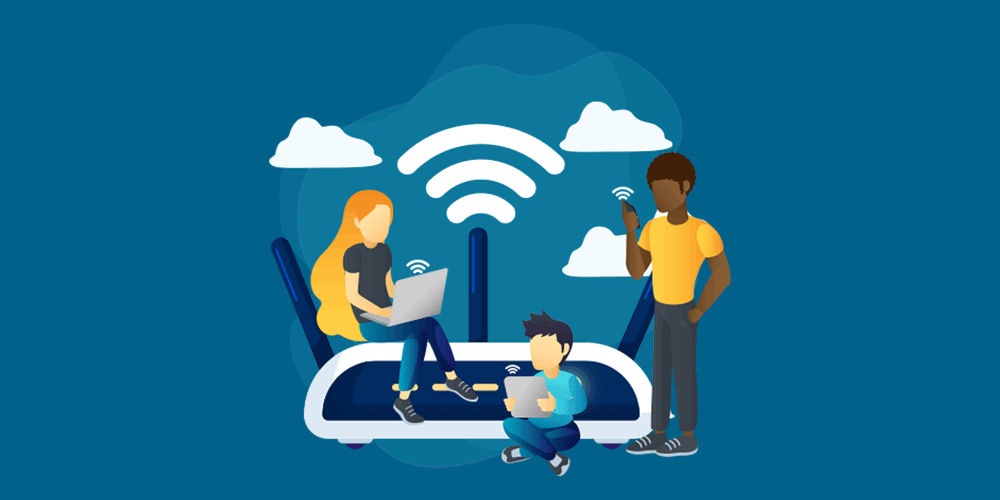The internet is a vast place filled with endless possibilities, but it’s also home to various scams and tricks. One term that has started gaining attention in recent years is “internet chcisk.” But what exactly does it mean, and how can you protect yourself from falling victim to it? In this blog post, we’ll dive into the world of internet chcisk, exploring what it is, how it operates, and, most importantly, how you can safeguard yourself and your loved ones online.
What is Internet Chcisk?
“Internet chcisk” is a term that has been gaining traction, often referring to various online scams and fraudulent activities that target unsuspecting internet users. The word “chcisk” seems to be a misspelling or a variation of “clicks,” but in this context, it represents the deceptive tactics used by scammers to lure individuals into clicking on malicious links or engaging in unsafe online activities.
These scams can range from phishing emails, fake advertisements, to deceptive social media posts. The goal is usually to steal personal information, financial data, or install malware on your device. Understanding the basics of internet chcisk is crucial in today’s digital age where cyber threats are becoming increasingly sophisticated.
Common Types of Internet Chcisk
To better protect yourself, it’s important to know the common forms of internet chcisk. Here are a few examples:
Phishing Scams
Phishing is one of the most prevalent forms of internet chcisk. Scammers send emails or messages pretending to be from reputable companies, asking you to click on a link to verify your account, update your information, or claim a prize. These links often lead to fake websites designed to steal your credentials.
Fake Ads and Pop-Ups
You might have encountered ads or pop-ups claiming that you’ve won a prize or that your computer is infected with a virus. Clicking on these can lead to malicious websites or trigger the download of harmful software. This type of internet chcisk preys on users’ fears and curiosity.
Social Media Scams
Social media platforms are a breeding ground for internet chcisk. Scammers create fake profiles or hack into existing accounts to send you friend requests or messages with links to bogus offers, quizzes, or shocking news stories. These links often lead to phishing sites or are designed to spread malware.
How to Identify and Avoid Internet Chcisk
Preventing internet chcisk requires a keen eye and some basic internet safety knowledge. Here are some tips to help you stay safe:
1. Be Skeptical of Unsolicited Messages
If you receive an unexpected email, message, or friend request, take a moment to evaluate its legitimacy. Look for signs like poor grammar, generic greetings, and unfamiliar email addresses. If something feels off, it’s best to avoid interacting with it.
2. Don’t Click on Suspicious Links
Before clicking on any link, hover over it to see the actual URL. If it looks unfamiliar or suspicious, don’t click on it. Instead, visit the website directly by typing the URL into your browser.
3. Keep Your Software Updated
Regularly updating your operating system, browser, and antivirus software can help protect your devices from the latest threats. These updates often include security patches that address vulnerabilities exploited by internet chcisk.
4. Use Strong, Unique Passwords
A strong password is your first line of defense against internet chcisk. Use a combination of letters, numbers, and symbols, and avoid using the same password across multiple sites. Consider using a password manager to keep track of your passwords.
5. Enable Two-Factor Authentication (2FA)
Two-factor authentication adds an extra layer of security by requiring a second form of verification in addition to your password. This makes it much harder for scammers to gain access to your accounts, even if they have your password.
6. Educate Yourself and Others
Awareness is key to preventing internet chcisk. Educate yourself and others about common online scams and share tips on how to stay safe. The more people know about these threats, the less effective they become.
Conclusion
The internet is an incredible tool, but it’s essential to navigate it with caution. Internet chcisk represents a growing threat, but by staying informed and vigilant, you can protect yourself and your personal information. Remember to be skeptical of unsolicited messages, avoid clicking on suspicious links, and keep your software up to date. By following these simple tips, you can enjoy the benefits of the internet without falling victim to scams.
FAQs
What should I do if I think I’ve fallen for an internet chcisk? If you believe you’ve fallen victim to internet chcisk, immediately change your passwords, enable two-factor authentication, and monitor your accounts for suspicious activity. Consider contacting your bank or credit card company if you’ve shared financial information.
How can I report internet chcisk? You can report internet scams to organizations like the Federal Trade Commission (FTC) or your country’s cybercrime unit. Most social media platforms also have tools to report suspicious activities.
Is it safe to click on ads online? While many online ads are legitimate, it’s best to be cautious. Avoid clicking on ads that seem too good to be true or that you didn’t intend to click on. Use an ad blocker to minimize exposure to potentially harmful ads.
Can antivirus software protect me from internet chcisk? Antivirus software can help protect against some forms of internet chcisk, especially those involving malware. However, it’s not foolproof, and you should still follow best practices for internet safety.
Why do scammers use internet chcisk? Scammers use internet chcisk to steal personal information, financial data, or spread malware. These scams are often financially motivated, with the goal of exploiting unsuspecting users.
How can I tell if a website is legitimate? Check the URL for “https://” and a padlock symbol, which indicates a secure connection. Also, look for signs of a professional website design and contact information. If the website looks suspicious or asks for unnecessary personal information, avoid using it.

